Portal:Beer
 The Beer Portal
The Beer Portal .jpg.webp)
Introduction

Beer is one of the oldest types of alcoholic drinks in the world, and the most widely consumed. It is the third most popular drink overall after potable water and tea. It is produced by the brewing and fermentation of starches, mainly derived from cereal grains—most commonly malted barley, though wheat, maize (corn), rice, and oats are also used. During the brewing process, fermentation of the starch sugars in the wort produces ethanol and carbonation in the resulting beer. Most modern beer is brewed with hops, which add bitterness and other flavours and act as a natural preservative and stabilising agent. Other flavouring agents such as gruit, herbs, or fruits may be included or used instead of hops. In commercial brewing, the natural carbonation effect is often removed during processing and replaced with forced carbonation.
Some of humanity's earliest known writings refer to the production and distribution of beer: the Code of Hammurabi included laws regulating beer and beer parlours, and "The Hymn to Ninkasi", a prayer to the Mesopotamian goddess of beer, served as both a prayer and as a method of remembering the recipe for beer in a culture with few literate people.
Beer is distributed in bottles and cans and is also commonly available on draught, particularly in pubs and bars. The brewing industry is a global business, consisting of several dominant multinational companies and many thousands of smaller producers ranging from brewpubs to regional breweries. The strength of modern beer is usually around 4% to 6% alcohol by volume (ABV), although it may vary between 0.5% and 20%, with some breweries creating examples of 40% ABV and above.
Beer forms part of the culture of many nations and is associated with social traditions such as beer festivals, as well as a rich pub culture involving activities like pub crawling, pub quizzes and pub games.
When beer is distilled, the resulting liquor is a form of whisky. (Full article...)
Selected articles -
Selected brand -
Stones Bitter is a beer manufactured and distributed in the United Kingdom by the North American brewer Molson Coors. It is a bitter with a straw-golden hue. Stones Bitter was first brewed in 1948 by William Stones Ltd at the Cannon Brewery in Sheffield. It was designed for the local steelworkers and became successful in its local area, becoming one of Sheffield's best known products.
The brewing giant Bass Charrington acquired William Stones in 1968, and began to heavily promote the keg variant of Stones Bitter, which eventually became the highest selling bitter in the country. However the keg version was promoted at the expense of the traditional unpasteurised and unfiltered cask conditioned version. In the 1990s, the ABV of Stones was gradually reduced, and, as ale sales declined, Stones reverted from a national into a regional brand. Following the closure of the Cannon Brewery, Stones has been brewed at a number of different breweries. When Bass exited its brewing business, Stones became a Coors brand (later Molson Coors). (Full article...)Selected biography -
Did you know (auto-generated) -
- ... that Richard Platt, a master brewer, founded Aldenham School and arranged for the Company of Brewers to pay the boys beer money?
- ... that Figueroa Mountain Brewing Company claimed in 2017 to be brewing beer "around the clock – 22 and a half hours every day" in order to keep up with demand?
- ... that a beer named after the barley variety Golden Promise was not brewed using the variety?
- ... that at the 1965 World Pentathlon Championships, Herbert Polzhuber was said to have drunk ten beers and a bottle of cognac before firing his pistol at the ground and passing out?
- ... that German minister Wolfgang Clement said that the secret to drinking a glass of beer in 1.5 seconds was to fold back the uvula?
- ... that Ein Samiya, which provides the water for Taybeh, the first beer brewed in Palestine, was depopulated in 2023 after harassment by neighboring Israeli settlers?
Selected brewery -

Selected image -
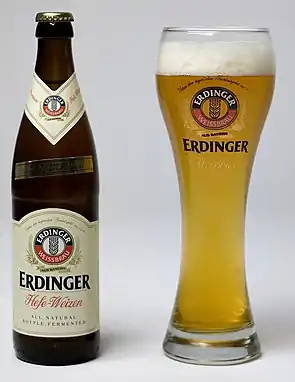
General images
Beer topics
Categories
Selected quote -
| “ | Well ya see, Norm, it's like this... A herd of buffalo can only move as fast as the slowest buffalo, and when the herd is hunted, it is the slowest and weakest ones at the back that are killed first. This natural selection is good for the herd as a whole, because the general speed and health of the whole group keeps improving by the regular killing of the weakest members. In much the same way, the human brain can only operate as fast as the slowest brain cells. Excessive intake of alcohol, as we know, kills brain cells, but naturally it attacks the slowest and weakest brain cells first. In this way, regular consumption of beer eliminates the weaker brain cells, making the brain a faster and more efficient machine. That's why you always feel smarter after a few beers. | ” |
The Buffalo Theory as explained on an episode of Cheers by Cliff Clavin to his drinking buddy, Norm Peterson |
Related portals
Beer lists
Things you can do
This list is transcluded from the tasks list page, to edit, click here
This is a list of single time tasks that need action. Once you have completed them, please remove them from the list.
 |
Here are some tasks awaiting attention:
|
WikiProjects

WikiProject Beer is an association of Wikipedians with an interest in beer and beer-related subjects. They have come together to coordinate the development of beer and brewery articles here on Wikipedia. Additionally, other groups have formed other projects that entertain subjects that are directly related to beer, bartending and pubs. Additionally, the mixed drinks project covers topics that include beer cocktails. If any of these subjects pique your interest, please feel free to visit their projects. These groups would love to have you participate!
| Parent project: WikiProject Food and Drink | view |
| Child projects: | Task forces: (All inactive) |
|
|
| Related projects: | |
|
Associated Wikimedia
The following Wikimedia Foundation sister projects provide more on this subject:
-
 Commons
Commons
Free media repository -
 Wikibooks
Wikibooks
Free textbooks and manuals -
 Wikidata
Wikidata
Free knowledge base -
 Wikinews
Wikinews
Free-content news -
 Wikiquote
Wikiquote
Collection of quotations -
 Wikisource
Wikisource
Free-content library -
 Wikiversity
Wikiversity
Free learning tools -
 Wiktionary
Wiktionary
Dictionary and thesaurus
Sources
More portals
-
 List of all portalsList of all portals
List of all portalsList of all portals -
 The arts portal
The arts portal -
 Biography portal
Biography portal -
 Current events portal
Current events portal -
 Geography portal
Geography portal -
 History portal
History portal -
 Mathematics portal
Mathematics portal -
 Science portal
Science portal -
 Society portal
Society portal -
 Technology portal
Technology portal -
 Random portalRandom portal
Random portalRandom portal -
 WikiProject PortalsWikiProject Portals
WikiProject PortalsWikiProject Portals






_(cropped).jpg.webp)
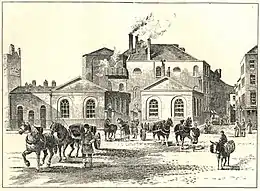




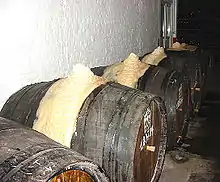
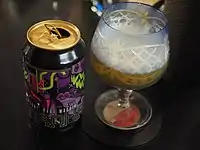
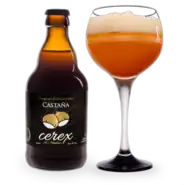
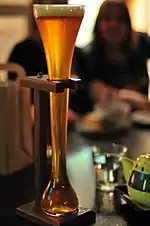
.jpg.webp)


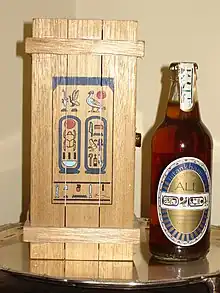


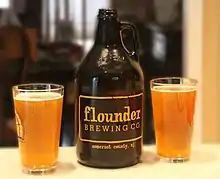
.JPG.webp)
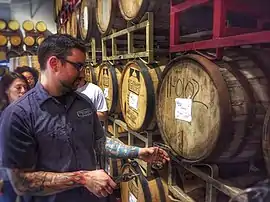

%252C_by_Klugschnacker_in_Wikipedia.JPG.webp)
_REF-107250_(20931409896).jpg.webp)
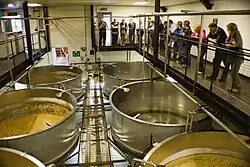

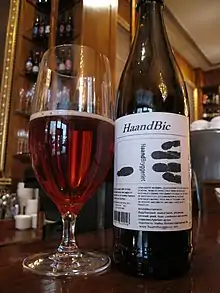

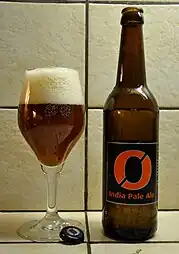
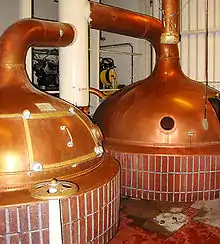
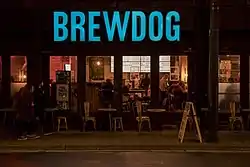
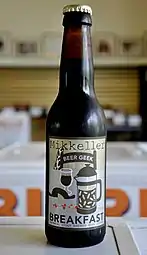


.jpg.webp)
.jpg.webp)
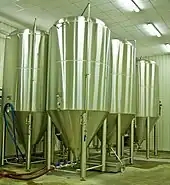
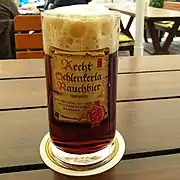



.svg.png.webp)
.jpg.webp)
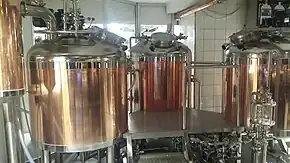
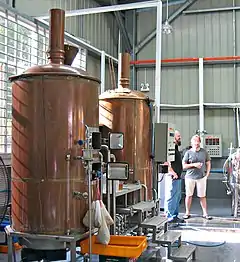
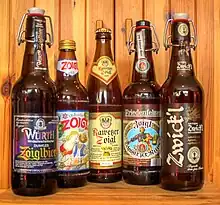
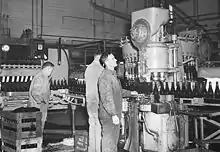



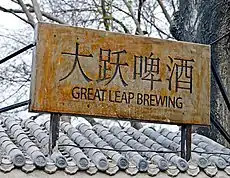
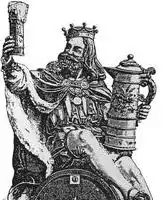
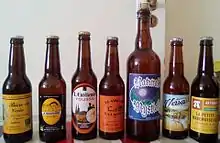
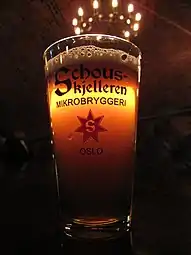

.svg.png.webp)
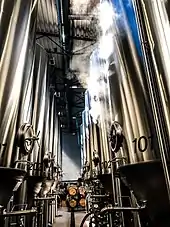
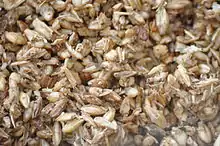
.jpg.webp)
